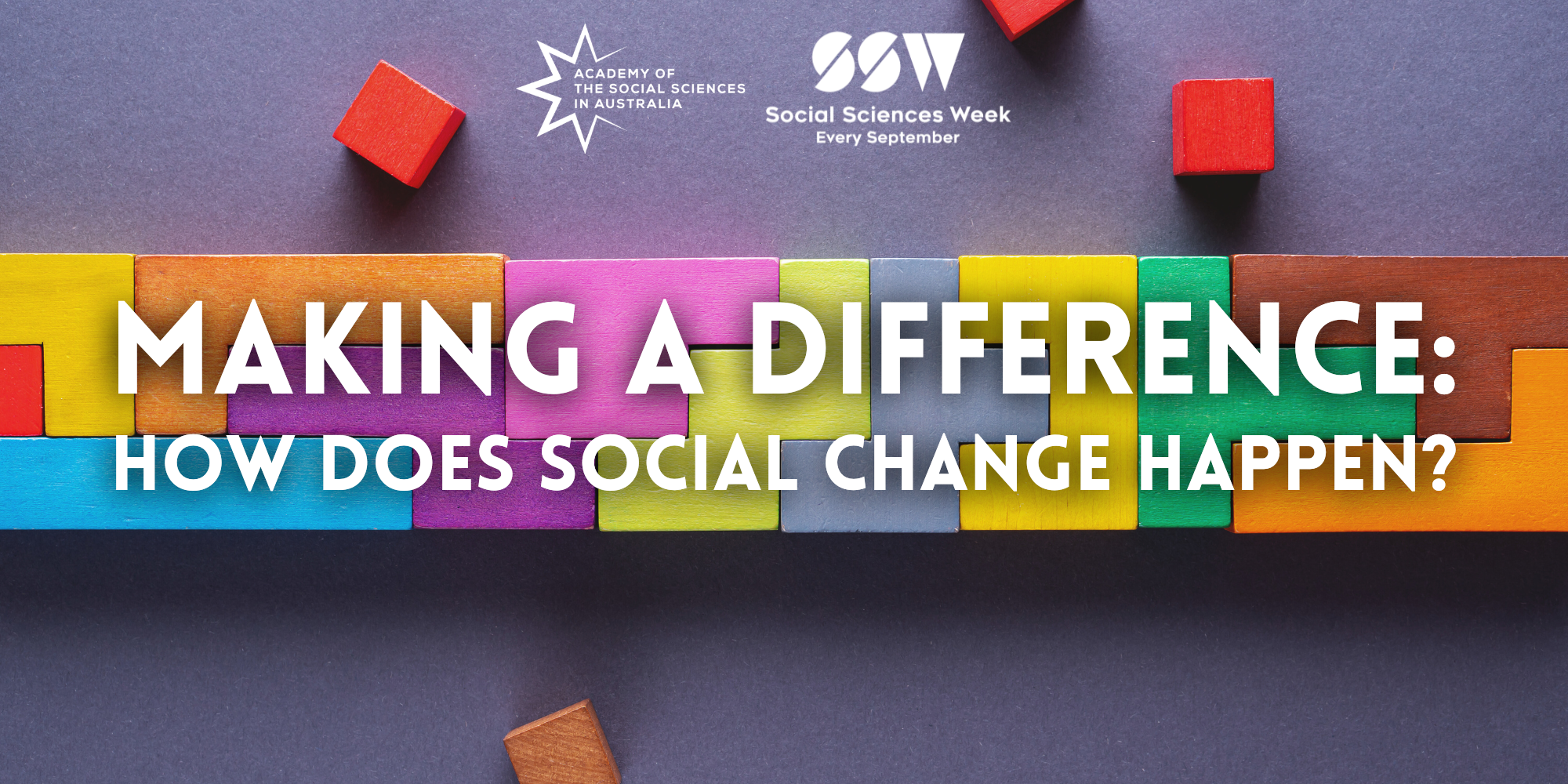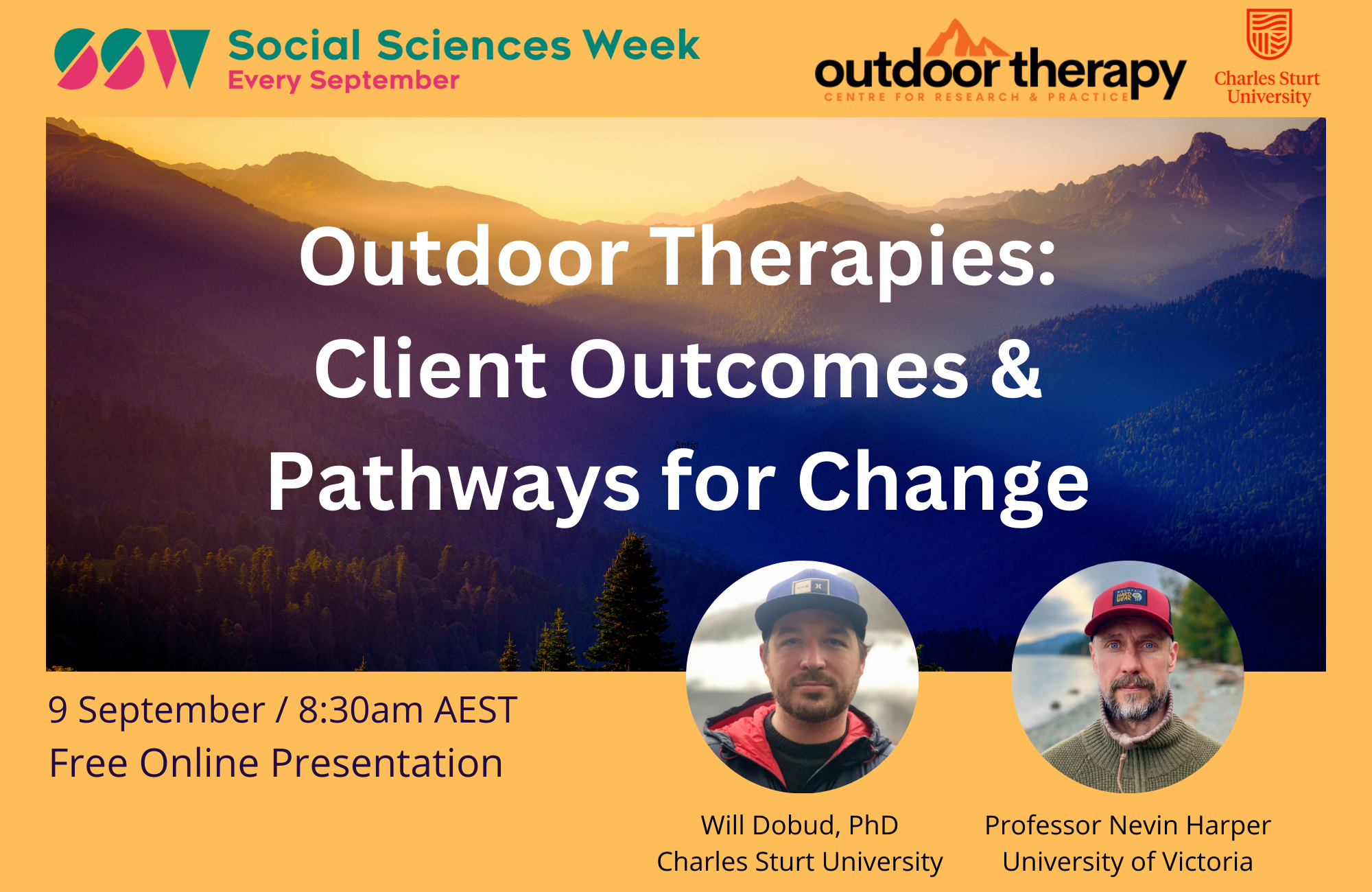Making a Difference: How Does Social Change Happen?
Recorded sessionRecorded session - available on demand Policymakers confront growing challenges in areas as diverse—and often interrelated—as climate change, social inequality, artificial intelligence, work, migration, declining biodiversity, and new threats to public health. Responses require changes or modifications to deeply entrenched social and economic structures. Consequently, reform attempts often generate conflict and resistance from those with a real or perceived interest in those structures. How can such conflict be managed to deliver urgently needed reforms? This question is central to social scientists, whose work is vital to both the implementation of effective policy, and to understanding the societal implications of policy choices. A panel of six leading social scientists analysed foundations and strategies of policy change in their areas of expertise—including some of the biggest, most difficult and pressing global and national challenges. This panel highlighted the breadth, diversity, and interrelationships within and between, social scientific and other disciplines, and their central importance to addressing these challenges. Each panellist addressed three thematic questions: What is the central conflict or problem inherent to their research topic? How can this be managed or overcome? What skills or insights enable social science to make a difference to public policy—and debate thereof—in their research field? […]




